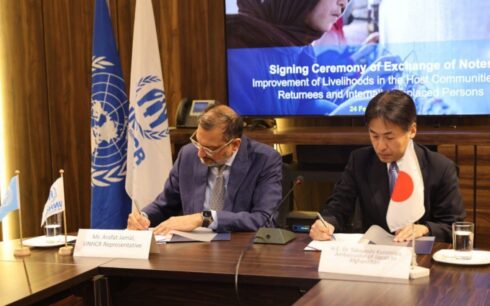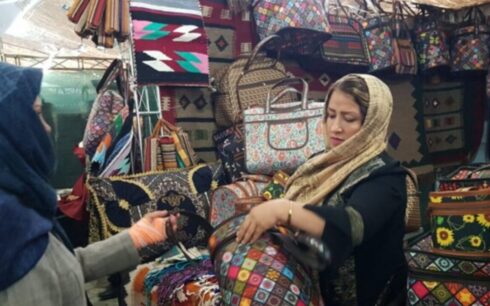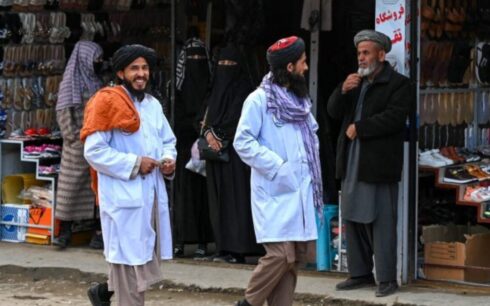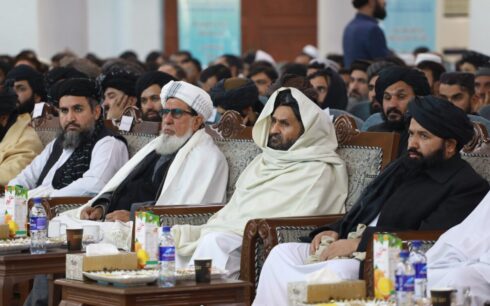Foreign ministers from 12 nations issued a joint declaration on Tuesday, demanding an immediate end to what they described as the “systematic discrimination against women” by the Taliban in Afghanistan.
The declaration was released following a ministerial-level meeting co-hosted by the Global Centre for the Responsibility to Protect, Open Society Foundations, and the governments of Albania, Belgium, Cabo Verde, Costa Rica, Croatia, Denmark, France, Germany, Guatemala, Liechtenstein, Luxembourg, Malta, and Spain.
The meeting took place on the sidelines of the opening of the 78th session of the UN General Assembly in New York, with Afghanistan’s Permanent Mission also participating, representing the Afghan government in place before the Taliban’s takeover in August 2021.
In the joint declaration, the ministers expressed deep concerns about the institutionalized gender-based persecution carried out by the Taliban in Afghanistan since they regained power in August 2021. They highlighted that women and girls have been gradually marginalized from public life through a series of edicts specifically targeting them.
Citing data from UN Women, the declaration noted that nearly half of Afghan women had experienced domestic physical or sexual violence in the past year, with devastating consequences for their mental health. The ministers stressed the need for accountability for the Taliban’s actions.
The foreign ministers “strongly condemned” the Taliban’s decisions that violated the human rights and freedoms of Afghan women and girls, including the ban on their employment with the UN and NGOs. They underscored that this ban hampers the delivery of essential humanitarian aid and services, putting the lives of millions of Afghans, particularly female-headed households, at risk. They characterized the discrimination against women as systematic and systemic, potentially amounting to gender persecution and a crime against humanity.
The ministers called on the Taliban to immediately lift these restrictions and uphold humanitarian principles. They demanded an end to the Taliban’s “egregious violations of human rights and freedoms” and urged the group to ensure women and girls have free and equal access to public life, education, work, and fundamental rights and freedoms. Additionally, they called for the restoration of civic space, allowing NGOs, civil society organizations, human rights defenders, journalists, and media workers to operate without hindrance.
To ensure sustainable peace, stability, and prosperity in Afghanistan, the ministers stressed the importance of an inclusive and representative political process involving all Afghans, including women, girls, and ethnic and religious minorities.
The ministers reminded Afghanistan of its obligations to implement international instruments related to human rights and fundamental freedoms, including the Convention on the Elimination of all Forms of Discrimination Against Women.
In closing, they expressed solidarity with the people of Afghanistan, particularly women and girls, in their quest for a better future.





